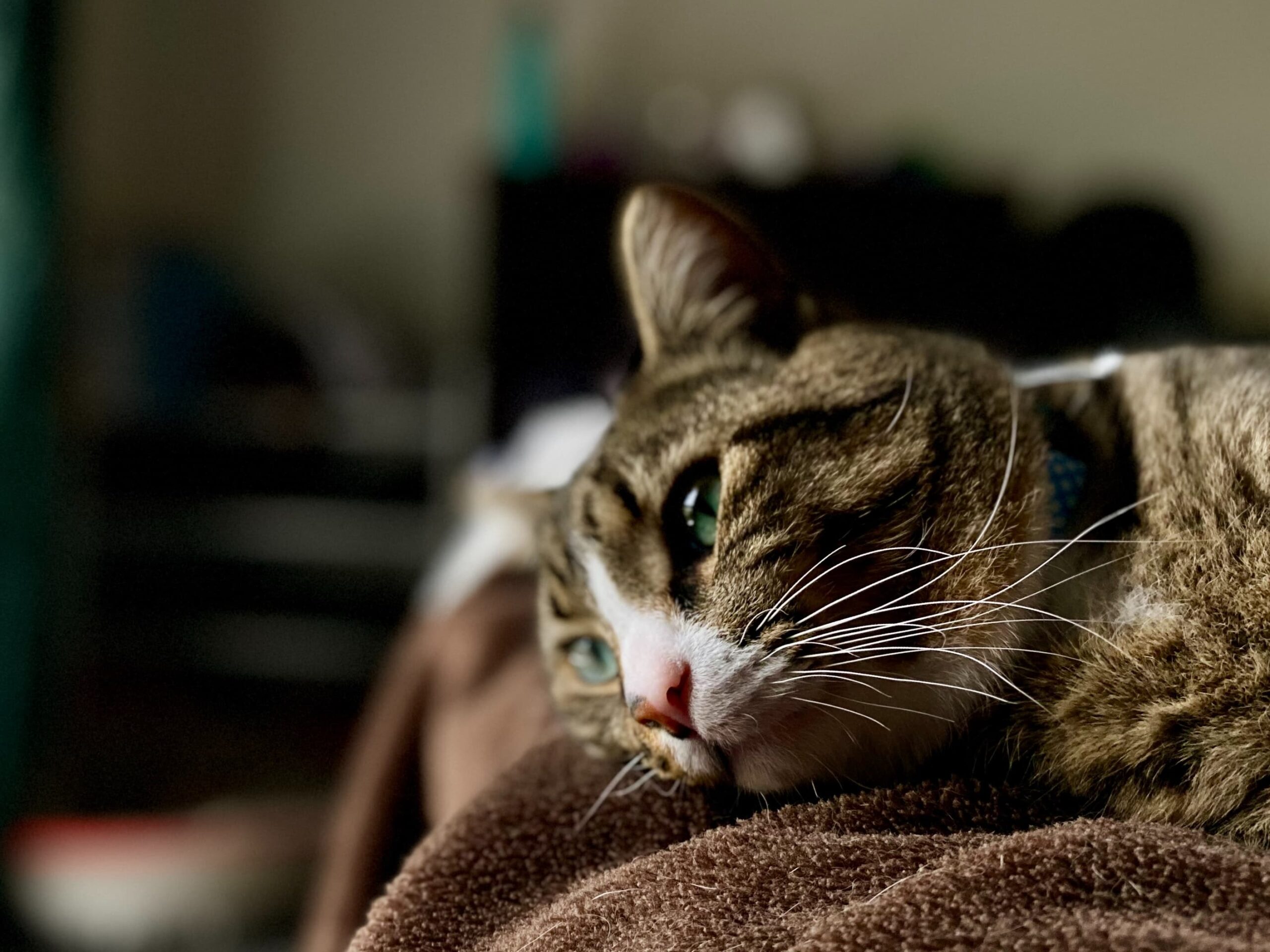
Pet separation anxiety is a common issue that many pet owners face. It occurs when a pet becomes overly attached to their owner and experiences distress when left alone.
This can lead to destructive behavior, vocalization, and other negative behaviors. In this article, we will discuss the causes, signs, and strategies to help pet owners manage and overcome pet separation anxiety.
The cause of separation anxiety can be complex and may be related to a variety of factors, including a lack of socialization, past traumatic experiences, or a change in the pet’s living situation.
It’s important for pet owners to recognize the signs of separation anxiety and to take steps to address it early on, as the longer the behavior continues, the more ingrained it can become.
Here are some tips for pet owners to help their pets cope with separation anxiety:
- Gradually acclimate your pet to being alone. Start by leaving your pet alone for short periods of time and gradually increasing the duration.
- Provide your pet with plenty of exercise and mental stimulation before leaving them alone. This can include interactive toys, puzzle feeders, and training sessions.
- Give your pet a comfortable and safe space of their own, such as a crate or designated room.
- Establish a consistent routine for your pet, including set meal times and potty breaks.
- Consider using pheromone sprays or diffusers, which can have a calming effect on pets.
- In addition to the tips listed above, there are other strategies that can be helpful in managing pet separation anxiety. These include counter-conditioning and desensitization, which involve gradually exposing the pet to the trigger of their anxiety (e.g. the owner leaving the house) and pairing it with positive reinforcement (e.g. treats or praise).
- Medications can also be used in conjunction with behavior modification to help pets with severe separation anxiety. These can include anti-anxiety medications or antidepressants, but it is best to consult with a veterinarian or a professional animal behaviorist to determine the best course of treatment.
It’s important to note that separation anxiety is a complex issue and may require patience and consistency to effectively address it. It’s also important to not punish or scold your pet for their behavior as it may worsen the condition.
Conclusion
With patience, understanding, and the right approach, pet owners can help their pets overcome separation anxiety and live happy, comfortable lives. It’s also helpful to have a plan in place in case of an emergency so that the pet will be well taken care of, even if the owner can’t be there
Xiang Rong is a pet lover who enjoys writing about stories relating to life, pets and animals. Always fascinated by animals, he developed a good understanding of loving animals, and has developed favorites such as Dogs, Cats and Rabbits. In his free time, he enjoys listening to music, playing video games and hanging out with friends.






























